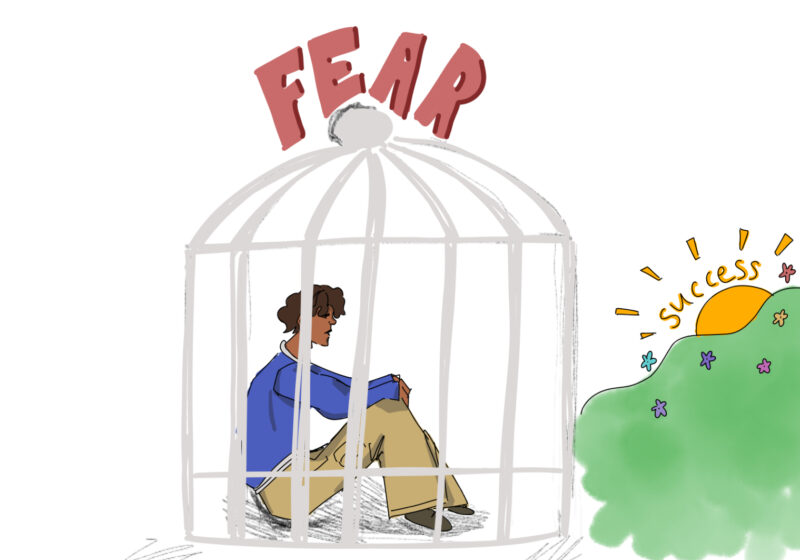Have you ever wondered what Flex is really good for? Typically our Flex accounts are just an offshoot of our debit accounts unlike our debit accounts, however, we aren’t allowed to remove any of these funds. So, in essence, each year students lock away a portion of their hard-earned money into their Flex accounts, but have you ever thought about why we do this?
In almost every place that we can use our Flex, there is a better alternative. For example, in the bookstore and IT store, a debit card is allowed. But having access to withdraw and deposit into a debit account seems like a wiser option to have. Flex can also be used any place where food is sold, but no one in their right mind would spend real money when Declining, the monopoly money of campus, is available. So knocking these two uses of Flex out, what is left?
Effectively, there are only three unique uses for Flex on campus: vending machines, printing and copying and laundry.
Don’t even get me started about vending machines $2.50 of Flex every time you want to get a candy bar while you’re away from the Corner Store? What evil genius thought up that idea? As we all know, Declining is accepted everywhere for food items only, yet somehow our precious vending machines only accept Flex. Let us use our declining on vending machines how is this even a debate? Vending machines contain food and we are allowed to decline food therefore we should be able to decline vending machine items. I know that a small amount of them contain non-food items, such as taxi credits. However, such a small percentage of the goods should not ruin the ability to Decline the other 99 percent of vending machine products that are food.
Another unique use of our Flex is for printing and copying, and for a student without a printer, like me, this is a pretty big deal. Some weeks, I can spend around $5-10 on printing alone. And obviously since there exists no alternative for paying for printing, we finally have found a reason for Flex to exist, hooray! Unfortunately it’s not so black-and-white.
We shouldn’t be paying for our printing in the first place. At New York University, all printing is on-the-house, no matter how many pages. If we consider that the school is located in the most expensive city to live in the country, it must not be that hard to pull off. We pay similar tuition, have a similar endowment and live in a city with a much lower cost of living we should be able to manage similar perks. I understand ink and paper aren’t cheap, but NYU isn’t the only college that offers printing free or cheap. More universities are offering free printing to their students, and I think UR should jump on the bandwagon. Considering that we pay approximately $50,000 dollars a year in tuition, UR should not literally be ‘nickel and diming” us for a service that is integral to students.
Finally comes laundry, the one true use of Flex. Yes, there is an alternative, but Flex actually does make it slightly easier than carrying a bag of change around. However, for only one purpose, is Flex really necessary? We can’t even use Flex for purposes that make sense recently I got fined for losing a book from the library, but I could only pay for it with cash. Apparently UR’s own currency isn’t good enough for itself. If I can’t even use Flex on the campus itself, something must be wrong.
I propose we do away with Flex once and for all, finally putting an end to the confusion of whether or not we can ‘decline” something or if we have to Flex it. The rules have recently started to become more blurred anyway, as we have become able to decline Band-Aids and Advil. Flex is becoming less important anyway, as our cashier friends are becoming more lenient, so we should just combine our campus cash into one all-encompassing account.
This would do away with confusion, make vending machines actually useful and make for an all around easier money system. Plus, when I end up with extra ‘UR bucks” at the end of a semester, I can buy an iPad with it instead of 10 cases of Shirley Temples from Connections. A guy can dream can’t he?
Penney is a member of
the class of 2012.





